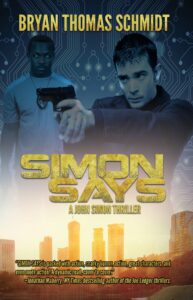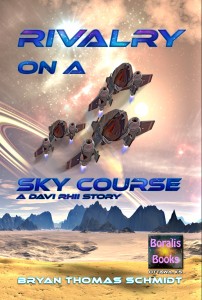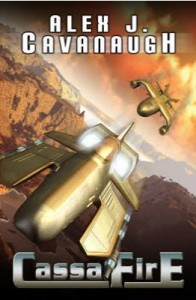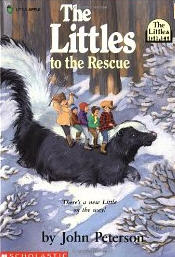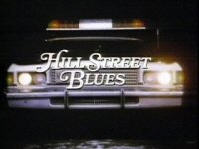




In her Editing Basics class, Author-Editor Cat Rambo (Fantasy Magazine) offers the following checklist for doing a good multi-pass Developmental Edit yourself. Cat suggests a multi-pass approach to allow yourself to address various aspects one at a time instead of trying to catch-all in one pass. The checklist is broken out by pass type. But before you begin the checklist, ask yourself the following questions:
1) What works and what doesn’t overall? (Make a list)
2) What is the story? Can you sum it up in a few sentences? If not, there’s a problem.
3) Look at the first and last page. Do they hook the readers in 13 lines or less? Does the story end strong?
Once you’ve addressed these basics, you’re ready for the more detailed Developmental edits. Be sure and ask questions down to a scene level, not just about the whole manuscript.
Character Pass:
1) Are the characters likeable?
2) Are the characters acting or reacting?
3) Can readers identify with the characters?
4) Does the reader know what the character wants?
5) Are there too many characters? Can any be combined?
6) What are the missed opportunities?
7) Where don’t we understand what the character is doing?
8 ) Where can we go deeper into the character’s head?
9) Is the dialogue interesting and informative of character?
10) Can the reader put themselves inside the story?
Story Pass:
1) Is the ending set up in a satisfying way? Is it the result of character actions?
2) Does the story make sense or are pieces missing?
3) How does the story move? (Is pacing good?)
4) Should pieces be removed? (And what should be done with them?)
5) What are the secondary story lines and are they delivered on?
World Pass:
1) Is the world clear?
2) Does it feel generic? (Is it?)
3) Does it make sense?
4) How important is the science of it?
5) Where should we know more?
6) Are the facts right? (Light fact-checking)
7) Where can the world come forward more?
8 ) How are things ordered? Point A to Point B? Or more like Momento or Pulp Fiction?
9) How hard does it make things for the reader and is the effect achieved worth it? (Because if it’s not there for effect, it’s pointless.)
10) How can it be improved overall?
11) Are the conventions consistent?
12) Where are the info dumps and what strategies surround them?
Chapter Level:
1) Do the chapters make sense structurally?
2) Does something happen over the course of each chapter?
3) Does the POV change over the course of the chapter? (Should it?)
4) Is the Prologue or Epilogue necessary?
5) Is head hopping an issue?
6) How do you make the book match conventions?
Making these four Developmental Editing passes enables you to focus on specific aspects of your manuscript and strengthen them each in turn. You can be sure you’ll cover other aspects in other passes and thus free yourself to really focus in. I hope this helps you improve your editing strategies not just for your own work but in helping others. What are the questions and approaches you use to self-edit? I’d love to have you share them in comments. And if the checklist still isn’t enough, consider taking one of Cat’s fine classes. They are well worth the money and the time.
For what it’s worth…



She has edited anthologies as well as critically-acclaimed Fantasy Magazine, is a board member of feminist science fiction group Broad Universe, a member of the Codex Writers’ Group, and volunteers with Clarion West.
Although no longer actively involved with the game, she is one of the minds behindArmageddon MUD, the oldest roleplay-intensive MUD (an interactive text-based game) on the Internet, which has been described as “like no other mud I have played before“, “the most entertaining game I’ve ever played“, “the most creative, emotionally involved mud on the Net” and “a place of astonishing beauty and detail“. She continues to do some game writing as well as technology journalism and reviews for Publishers Weekly.
